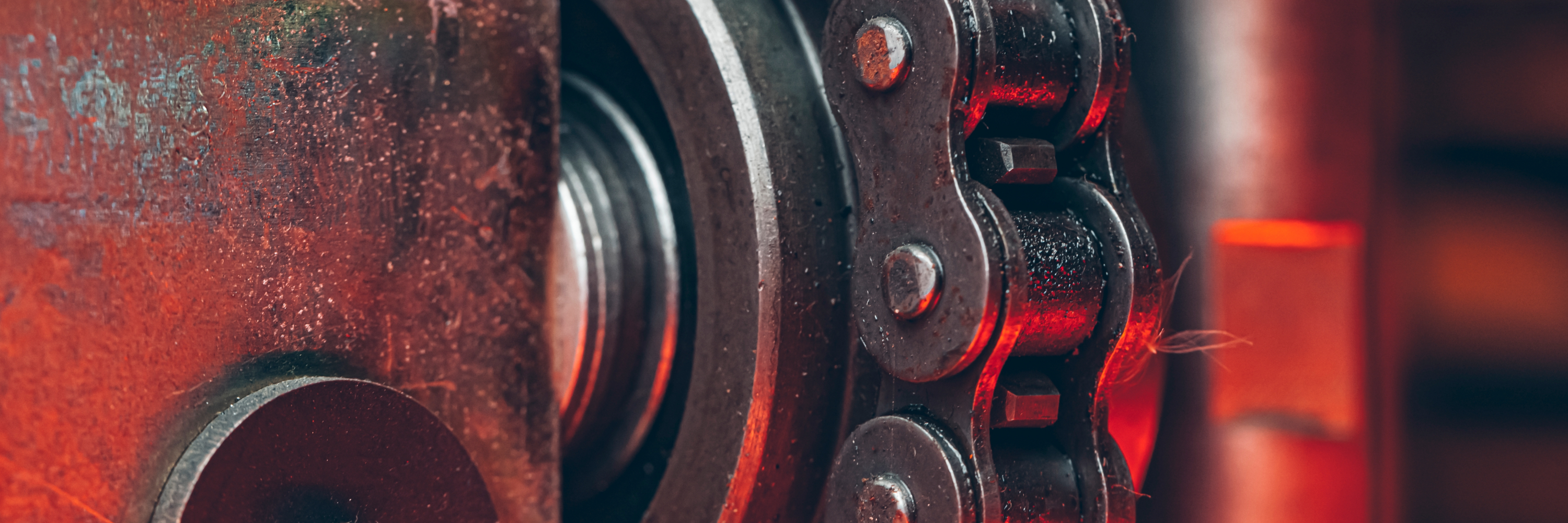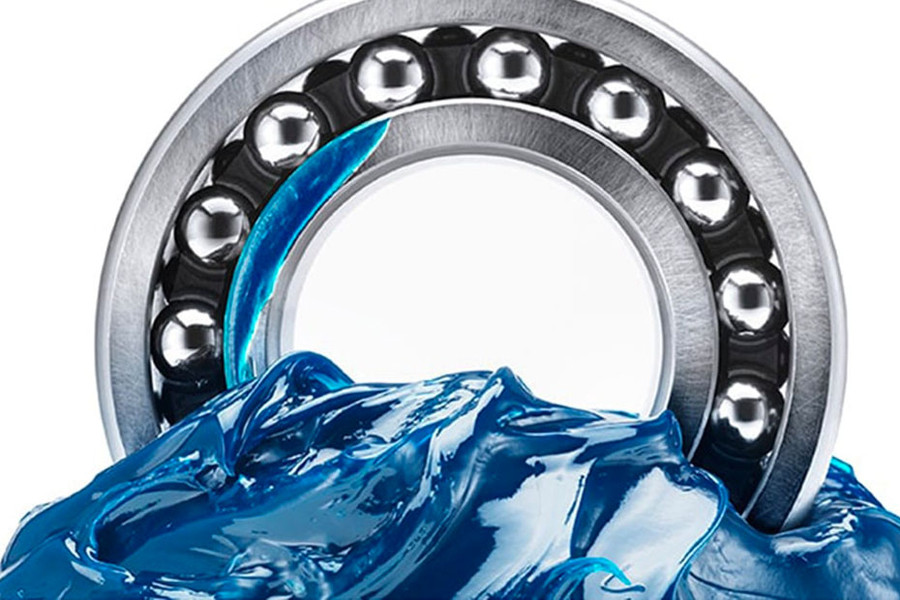How We Test Our Grease At TYGRIS
It is relatively common these days to pick up a product in-store and see the words "Tested" somewhere on the packaging. Whether it be testing for quality, allergens or performance markers, a lot of the time, these words have been used so much that they have lost their meaning.
At TYGRIS Industrial, we pride ourselves on delivering the best quality products available on the market. That is why we want to go into detail about our testing process for all of our Industrial Greases, to help you understand why we are one of the best on the market.
Testing helps manufacturers like ourselves, feel confident that the formulas we use in our products are safe, high performing and versatile. TYGRIS Grease tests are all performed to IP, ASTM and Defence Standard. But what does this mean to you? Here are the typical tests our greases are put through at specialist laboratories.
Drop Point (Dropping Point) Test
The dropping point indicates the heat resistance of the grease and the temperature at which it passes from a semi-solid to a liquid state. The dropping point indicates the temperature limit at which a grease retains its structure though, is not necessarily the maximum temperature at which a lubricant can be used.
Cone Penetration (IP 50)
The cone penetration test measures the consistency and stiffness of the grease in question. Providing information on its viscosity which can help determine its strength and degree in which the grease resists deformation under force.
Oxidation Stability (IP 142, ASTM D952)
The oxidation stability determines the point at which a grease produces sludge and acid product when exposed to oxygen. The test helps to determine the service life of the product. Greases that perform well under oxidation minimizes electrical conduction, ensures acceptable heat transfer and preserves system life.
Copper Corrosion (IP 112)
Copper corrosion tests whether the grease will protect metal surfaces, notably copper, without damaging them. This is useful for determining how specific lubricants can react with parts such as bearings. For example, if a lubricant causes corrosion, it can cause premature bearing failure.
Corrosion Preventative Properties (IP 220, ASTM D1743)
The Corrosion Preventative Properties Test assesses the greases ability to prevent corrosion in wet conditions. This test helps to determine the quality and specification of the grease, ensuring that the grease will not cause damage in wet conditions.
Oil Separation (IP 121/Def Stan, 05-50 part 9)
Oil separation tests assess the separation of oil from grease at high temperatures. When the grease separates from the oil, the residual material can change consistency and affect performance. It can also indicate an inadequate structure of the thickening agent.
Working Stability Def Stan (05-50 part 63)
The Working Stability Defence Standard assesses the greases ability to function when contaminated with water.
Low-Temperature Torque (IP 186)
Low-temperature Torque tests measure how the grease affects the motion of slow rotating ball bearings at low temperatures. This data point is useful for selecting specific greases for low temperatures or small powered applications.
Fretting Wear Protection (ASTM D4170)
Fretting Wear protection tests evaluate the anti-wear properties of the grease on a ball bearing. This test is a method for quantifying the lubricants wear protection abilities.
Evaporation Loss (IP 183)
Evaporation Loss measures the mass loss of the greases components at high temperatures during a certain amount of time. A controlled flow of heat is passed through the grease to see how it reacts. This test examines the greases suitability for High-Temperature usage.
Anti-Wear Properties by Four-Ball (IP 239)
Anti Wear properties by four ball measure the carrying load, anti-friction and anti-wear properties as well as extreme pressure resistance of the grease using a four-ball machine.
Wheel Bearing Leakage (ASTM D1263)
The Wheel Bearing Leakage Test evaluates the greases leakage tendencies as well as the separation and overflow of grease or oil from the bulk grease charge.
Compatibility of Mixtures (ASTM D6185)
This test evaluates the compatibility of the grease when mixed with other greases. If a certain grease is not compatible, it can result in softening and cause bleeding.
Water Washout Test (IP 215)
The Water Washout test determines the greases resistance to water from a bearing. This test helps with a greases water-resistance specification.
We hope this guide helps you to understand grease specifications and testing to assure you that our products are of the highest quality and performance. Get in contact today with our experts to help determine which grease is best for you and how to get the most of our products. Have a look at our online catalogue of Greases for more.






